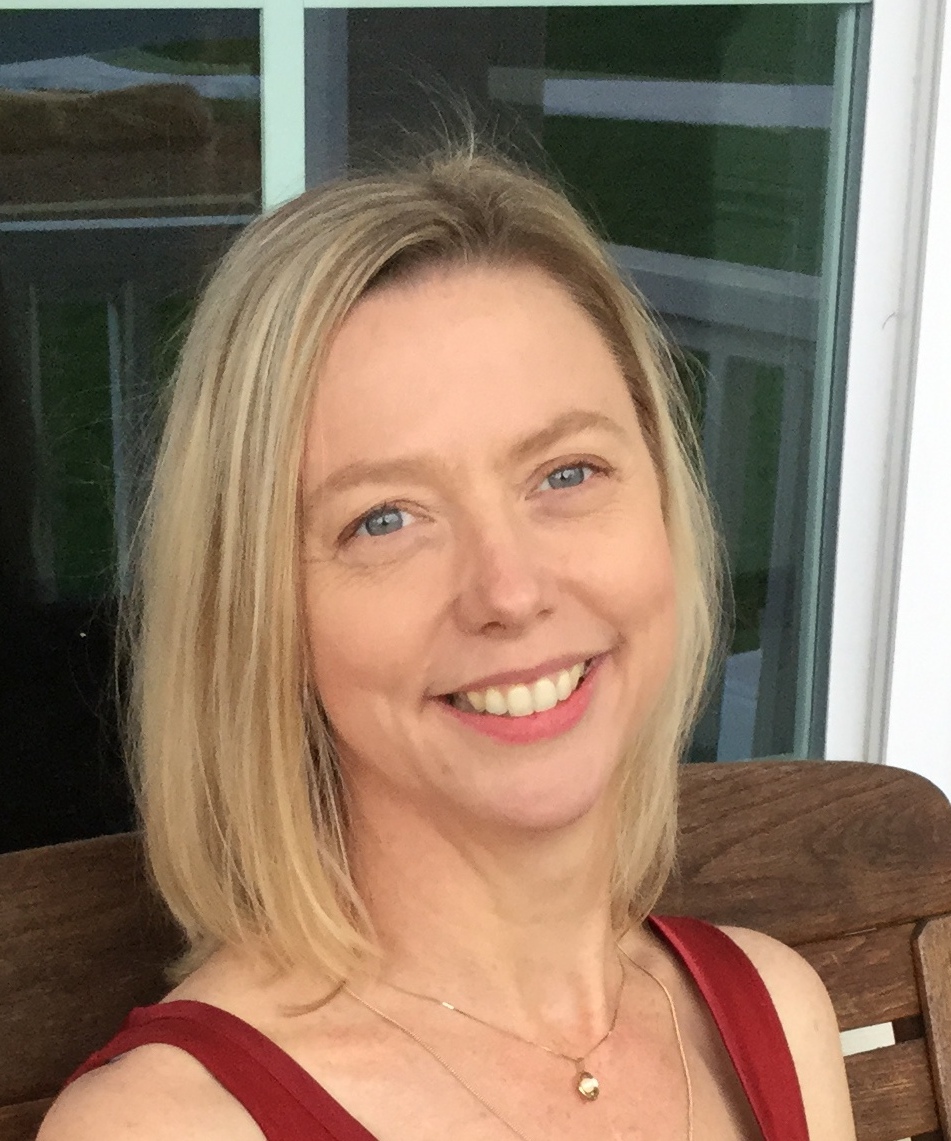Dr. Nora Haenn is an Associate Professor of Anthropology and International Studies at North Carolina State University. This last fall, she taught with Wikipedia in her course, Globalization and Migrations. Here are her thoughts on the experience.

Image: File:Nora Haenn bio photo.jpg, Nora Haenn, CC BY-SA 4.0, via Wikimedia Commons.
On the second day of class, Fall 2017, I asked my students what they had heard about Wikipedia. They were quick with answers they thought I wanted to hear:
“You cannot cite Wikipedia in a class paper.”
“Wikipedia is unreliable.”
“Anyone can, literally, write what they want.”
After a minute, I adopted my sincerest, we-don’t-need-to-pretend tone: “Okay, but don’t you all use it all the time?” The feeling in the room shifted, spontaneous nods all around. Because the students were familiar with Wikipedia, they were primed to work on class assignments. It was as if they had taken a pre-requisite course. But I had yet to understand fully what this generation—raised under the gaze of social media—brought to the class. Working with Wikipedia offset some of the personal and intellectual hazards of their digital lives.
I chose to build a class around Wikipedia because the approach solved two dilemmas for me. One had to do with time. With a major writing deadline looming, I was on the hook for preparing a new class. Teaching with Wikipedia allowed me to repurpose course material I use for a capstone course in which students write a literature review. I could re-scale those assignments, meet my learning objectives, and better equip students for their senior capstone.
The second dilemma had to do with the course subject, “Globalization and Migrations.” During 2017, the question of migration became increasingly politicized at the national level and on my campus. My new class would be the only one at my university dedicated to the topic. Soon I was imagining a classroom of strong-minded young people who wanted a course that addressed their concerns; only their concerns could be wildly diverse. With Wikipedia I could guide students through reading and writing up scholarly literature about migration-related topics of their choosing. Through peer-review activities and all-class discussions, students would still have exposure to an array of migration research.
What I didn’t expect was that working with Wikipedia might resolve some dilemmas students face. For some time, students have been navigating the messy world of online communication: trolling, fake news, and bot-produced content. Social media is omnipresent in their lives, but they rarely get to carve out a digital space of their own, one where they can claim knowledgeable expertise.
The students who joined my class turned out to have a keen interest in international migration, but they were surprisingly hesitant to speak on the topic. At my university, students value politeness, and last semester was a reminder in their tendency to go quiet rather than raise awkward differences in belief. The Wikipedia assignment gave them what they needed to navigate their desire to speak but their reluctance to do so.
Wiki Education’s tools included what to say, as well as how to say it. And Wikipedia’s insistence on “neutral and substantiated” reporting proved a reliable guide. We spent a good part of our conversations debating what counts as neutral and how people can use language to persuade even under the cover of neutrality. Student’s invented usernames gave them enough anonymity to feel safe venturing into scary, public terrain and create their own neutral reporting. My students did not hide behind the anonymity. Instead, they used the protection to improve their work. The public quality of their writing spurred them like no other writing assignment I have given in the past. As one student noted, one of the most challenging aspects of the class was “Making sure that what I was adding was up to the standard of the rest of the page.”
One reason students refer to Wikipedia all the time is that the ever-present availability of information has left some young people tentative. Anybody would be embarrassed to get information wrong, but nowadays it seems the internet has given us fewer excuses to do so. Given that the information is out there, shouldn’t people already know it?
Yet prior to the class, students had a weak critical understanding of the information on Wikipedia. By the end of the class, their learning about Wikipedia’s intellectual architecture (the sandboxes and talk pages), increased their sophistication as readers. They knew that there was more to the surface with which they were accustomed to engaging, and they knew how to explore those depths.
Finally, the thing I didn’t expect about this class was the cool factor. The class gave students street credibility with their peers. They reported back on the dorm-room conversations that class assignments were inspiring. And one student took a screen shot of his posting to memorialize it before anyone had a chance to edit his words. This was one area where the Wikipedia assignments solved a dilemma for both the students and the professor. For one semester, we figured out how to be the cool kids together.
Image: File:College of Humanities and Social Science.JPG, Melizabethi123, CC BY-SA 3.0, via Wikimedia Commons.
